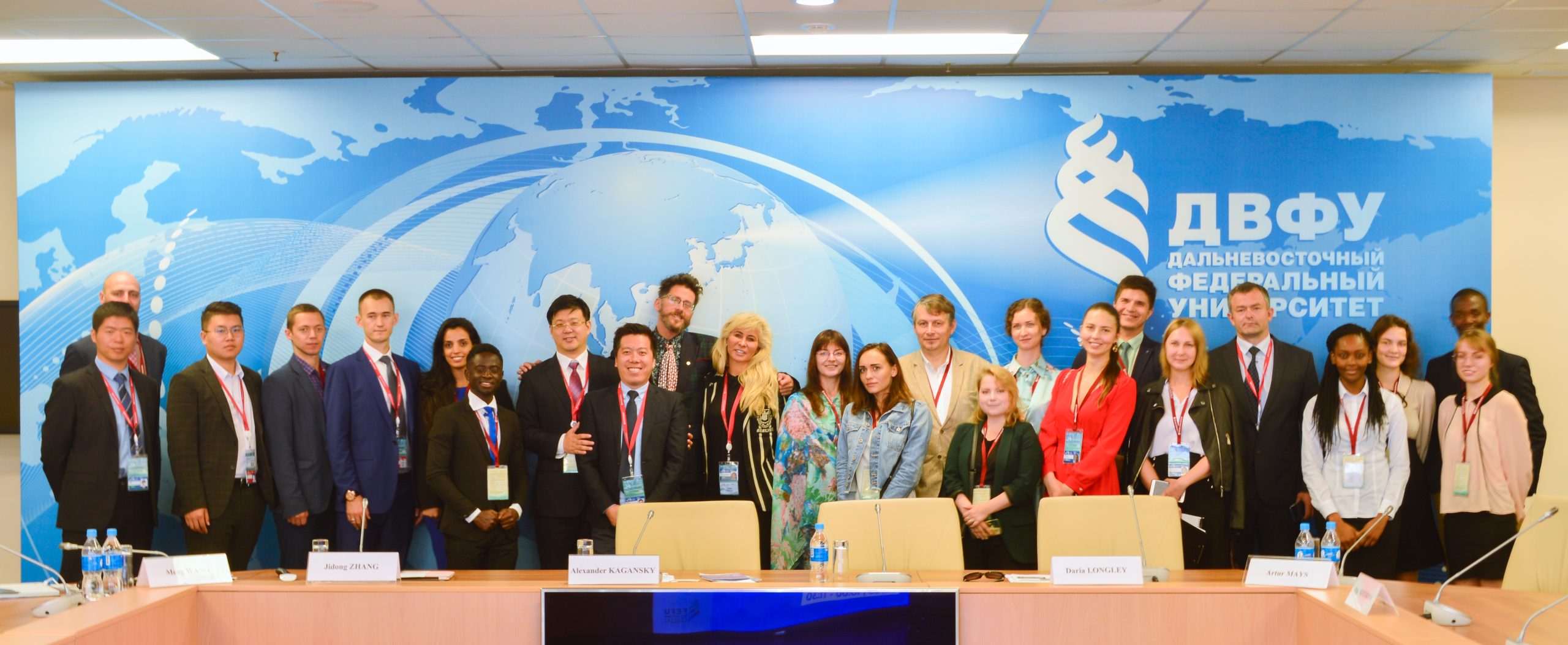For the first time, scientists from Russia and China discussed environmental management on the sidelines of the Eastern Economic Forum (EEF), which was held from 4-6 September 2019, in Vladivostok, Russia. Discussions focused on the path of biodiversity conservation in the Far East.
The biodiversity discussion was placed within the agenda of the 8th Asia-Pacific Economic Cooperation Conference (APEC CCHE), titled “APEC in the 21st Century: Re-imagining Education for Policy Makers, Educators and All Stakeholders”. The event was held at the Far Eastern Federal University of the Russian Federation (FEFU), Vladivostok, Russia, from 4 to 5 September 2019 as part of the EEF. On 5 September scientists discussed how to preserve biodiversity in the Far East using modern advances in the field of environmental management.
The discussion was initiated by the Head of the Center for Genomic and Regenerative Medicine of the FEFU, one of the leaders of the international Biodiversity consortium and the co-lead of the GYA Bio2Bio working group Alexander (Sasha) Kagansky, together with a representative of the Chinese Academy of Sciences, Dr Meng Wang. Among the main issues discussed were how to obtain the maximum economic effect from the use of natural resources while protecting the environment and natural species diversity.
According to Sasha, “The nature of the Far East is a treasury of natural species which contain a large number of biologically active natural compounds. Substances derived from plants in the Far East could potentially become components for new-generation drugs. In the future, they will help to protect humanity from diseases that are incurable today. However, in order to prevent the extinction of species as a result of human activity it is important to determine the scientific approach to nature management.”
The “APEC in the 21st Century: Re-imagining Education for Policy Makers, Educators and All Stakeholders” conference was organized by the Far Eastern Federal University International Department and supported by the Ministry of Science and Higher Education of the Russian Federation, the Ministry of Foreign Affairs of the Russian Federation, the APEC Working Group on the Development of Human Resources, and the APEC Education Network.
